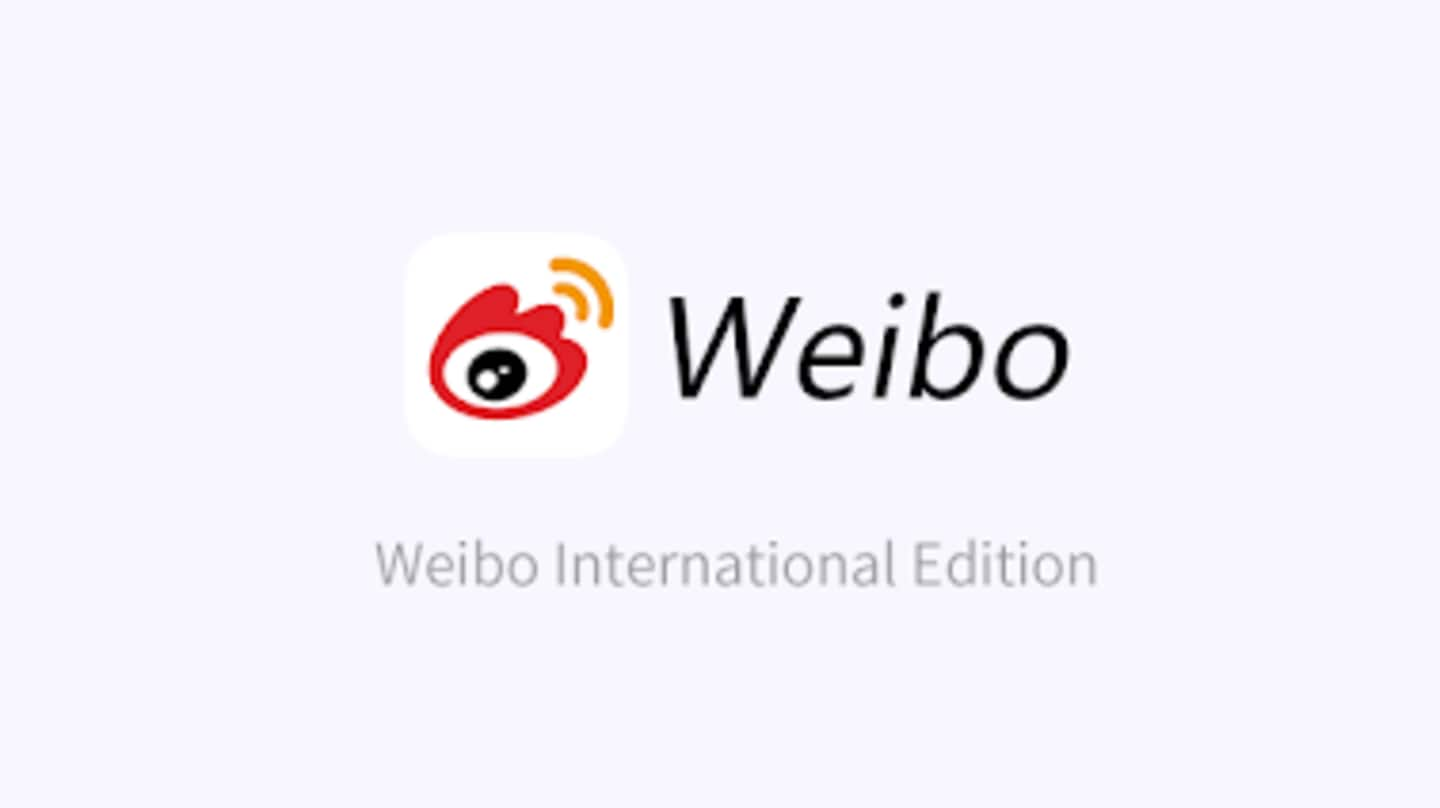
China orders Weibo to disable some features: Here's why
What's the story
Chinese microblogging platform Sina Weibo has been ordered to disable some of its features for a week.
The action comes as a punishment from China's top internet regulator - Cyberspace Administration of China - for what has been described as interfering with online communication.
Here is all you need to know about it.
Order
Action for interfering with online communication
In a recently-shared post on its WeChat account, the Cyberspace Administration of China, which operates as the central Internet regulator, censor, oversight, and control agency for the People's Republic of China, announced the action against Weibo.
It said the company is being reprimanded for several issues, including "interfering with online communication order" as well as "disseminating illegal information."
Action
What features are being disabled?
As part of the action, Weibo will be disabling certain features of its platform for a week, CAC said.
This mainly includes the trending search feature that updates automatically from time to time to show a list of the most popular search terms and topics being discussed by the users.
Notably, the regulator is also mulling imposing a fine on the social media site.
Details
No specific details on the matter
Weibo has not commented on the matter, while CAC has only said that the case pertains to a person with surname 'Jiang'.
It remains unclear whose communication Weibo had interfered with, but Reuters suggests the matter could be related to Jiang Fan, a senior Alibaba Group executive whose relationship with an influencer came into light on Weibo.
Later, Jiang was demoted by the group.
Control
China is known for strict internet control
China is known for controlling the internet, with the government setting the narrative for what the people of the country are supposed to see online.
As part of its stringent internet regulation, the CAC often takes down content depicting pornography, violent protests (especially those showing the government's action against protesters), and sensitive posts portraying the Chinese government in a bad light.